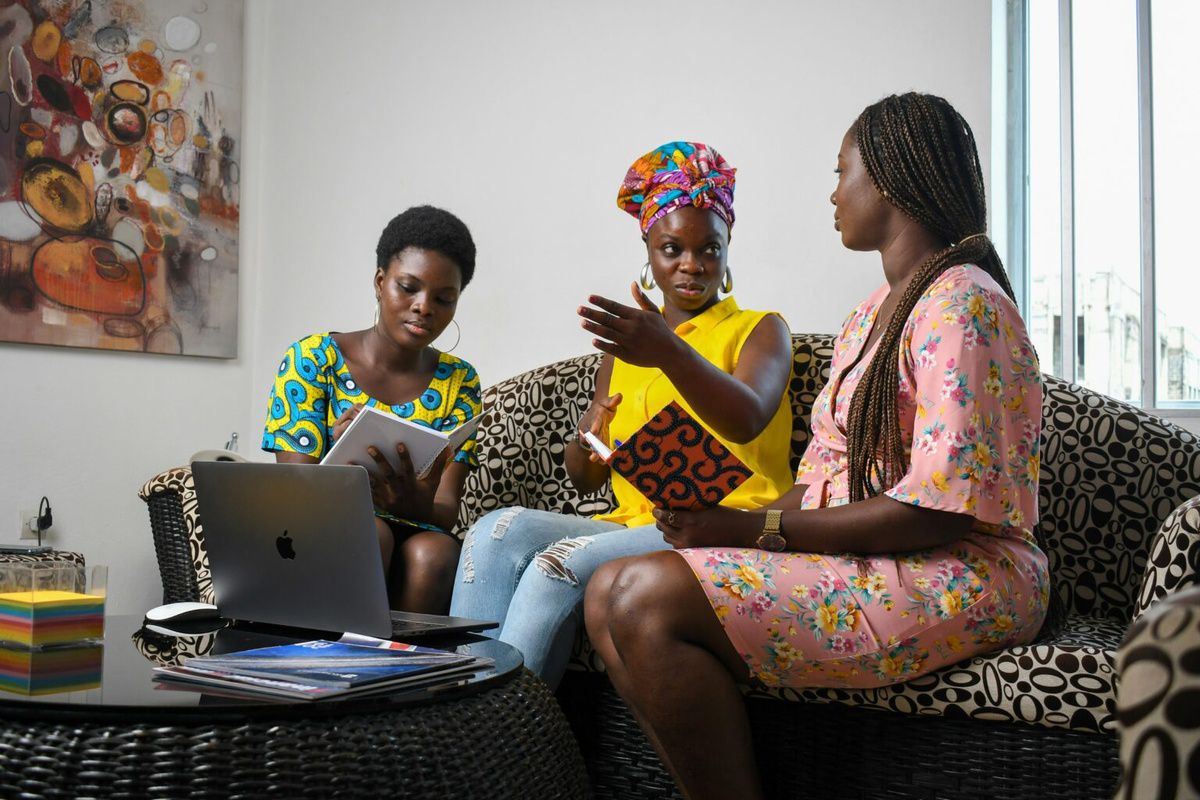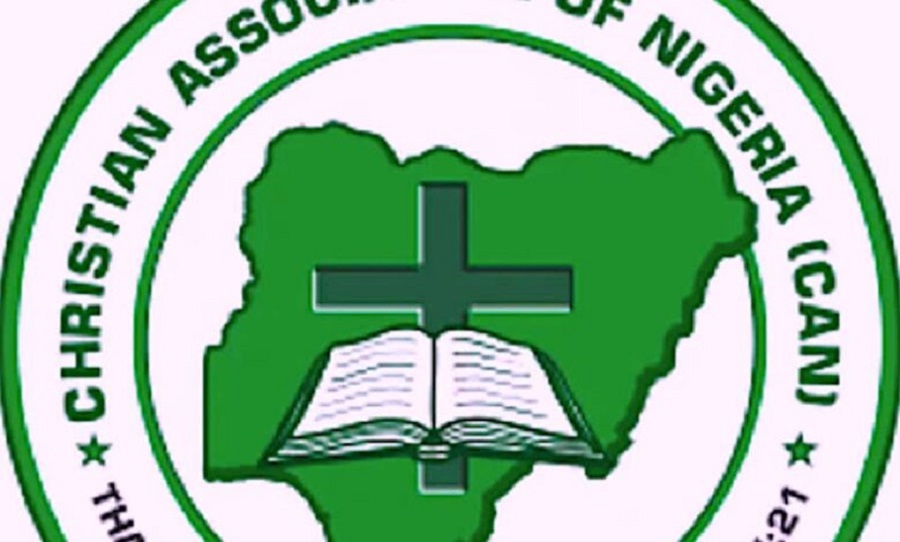HURIWA Challenges FG’s Claim of Cash Transfers To 2.3 Million Households, Demands Transparency

The Human Rights Writers Association of Nigeria (HURIWA) has challenged the Federal Government’s recent disclosure that 2.3 million households have benefited from the Conditional Cash Transfer (CCT) programme, describing the claim as “dubious” and “lacking in transparency.”
The group is demanding the immediate publication of the list of beneficiaries and a breakdown of the disbursement process to enable public verification.
The call came in response to a statement by the Director General of the National Identity Management Commission (NIMC), Abisoye Coker-Odusote, who revealed during a press briefing that over 2.3 million individuals had been revalidated under the National Social Safety Nets Project (NASSP).
She stated that the Federal Government would begin the disbursement of funds shortly, emphasizing the importance of biometric identity verification to ensure the funds reach genuine recipients and to eliminate ghost beneficiaries.
“We are committed to ensuring that no Nigerian is left behind,” Coker-Odusote said.
“This revalidation exercise is necessary to authenticate the identities of recipients, ensure transparency, and prevent leakages to ineligible individuals or the deceased.”
However, HURIWA has voiced strong skepticism over the Federal Government’s claims. In a statement issued on Sunday by the group’s National Coordinator, Comrade Emmanuel Onwubiko, the association said it conducted an independent opinion poll involving more than 50,000 Nigerians across the country—none of whom had either received the cash transfer or knew anyone who had.
“Our findings reveal a disturbing disconnect between government pronouncements and the lived realities of ordinary Nigerians,” Onwubiko said.
“The government’s assertion of disbursing funds to 2.3 million households is unconvincing without verifiable evidence.
“We demand the immediate publication of the distribution framework and a comprehensive list of beneficiaries in national newspapers.”
HURIWA further described the cash disbursement as “audio cash”—a term used locally to describe financial transactions that exist only in announcements but not in reality.
The group accused government officials of using the initiative as a smokescreen for enriching political allies rather than genuinely alleviating poverty.
“These so-called conditional cash transfers are rapidly becoming a tool for political patronage,” Onwubiko said.
“The lack of transparency, absence of monitoring, and exclusion of civil society groups from oversight raise serious questions about the integrity of this program.”
HURIWA cited reports from both the World Bank and the International Monetary Fund (IMF), which have painted a grim picture of Nigeria’s worsening poverty situation.
According to the World Bank’s Nigeria Poverty and Equity Brief (October 2024), approximately 47% of Nigerians are projected to live below the poverty line in 2024.
Similarly, the IMF’s 2024 Article IV Consultation reported a surge in poverty and food insecurity.
“It is paradoxical that the Federal Government claims to be fighting poverty through cash disbursements while credible international institutions continue to report escalating hardship,” HURIWA stated. “This contradiction casts serious doubt on the credibility of the CCT initiative.”
The association has now called for an independent audit of the CCT programme, urging the government to publish selection criteria, disbursement mechanisms, and details of the institutions involved in the fund distribution.
“Transparency and accountability must be the cornerstone of all public welfare programs,” said Onwubiko. “The government must demonstrate its sincerity by making the entire process open to public scrutiny and subject to independent verification.”
HURIWA also appealed to the media, civil society organizations, and the general public to hold the government accountable, emphasizing that the fight against poverty must not be reduced to political theater.
“We owe it to the poorest Nigerians to ensure that public funds are used appropriately and reach those for whom they are intended,” Onwubiko concluded. “This is not just about money—it is about trust, integrity, and the credibility of our institutions.”
HURIWA Challenges FG’s Claim of Cash Transfers To 2.3 Million Households, Demands Transparency is first published on The Whistler Newspaper



